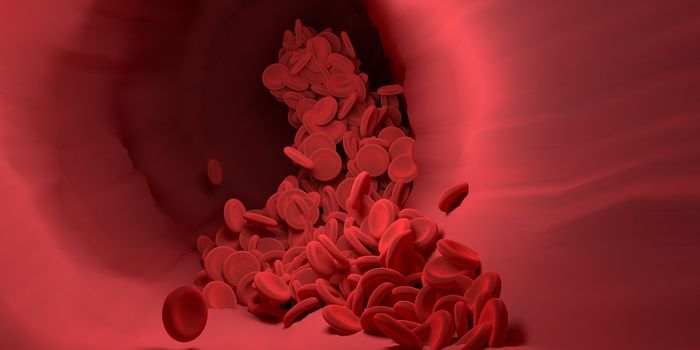Aging has long been a bane of human existence and people seem to have tried everything to delay or stop it. Researchers at Concordia University and Idunn Technologies (a company with a focus on the use of natural remedies applied to health and aging) have published new work in Oncotarget that assesses the ability of six known plant extracts to slow the aging process.
Yeast was utilized as a model organism, one that has been extensively used for several reasons, such as: yeast is cheap and easy to grow, it has a small genome that has many similarities to human genes, it has a short and simple life cycle, and they can proliferate in both the haploid and diploid states. Importantly, yeast also ages in a way that is like that of humans. In both organisms, cascades of chemical reactions or signaling pathways control the process.
The researchers determined that the plant extracts they studied were able to slow the aging process. Importantly, the extracts have been approved for human consumption, with five being recommended by Health Canada as having proven benefits that are clinically relevant.
There were several notable features highlighted by the researchers. The extracts mimic anti-aging effects seen in caloric restriction diets. By causing a mild stress response, they can delay aging. Compared to chemical compounds known to prolong yeast’s lifespan, they are more effective. The extracts can increase longevity and defer the onset of diseases related to old age in other organisms besides yeast. And lastly, the same signaling pathways that have been implicated in diseases of old age are the ones utilized by the plant extracts to slow aging, except for one previously unidentified pathway. The researchers monitored these pathways in their research to assess the efficacy of the extracts.
“It’s known that some of these signaling pathways delay aging if activated in response to certain nutrients or hormones,” explained Vladimir Titorenko, Professor and Research Chair in Genomics, Cell Biology and Aging, Biology at Concordia and senior author of the study. “These pathways are called ‘anti-aging’ or ‘pro-longevity’ pathways. Other signaling pathways speed up aging if activated in response to certain other nutrients or hormones. These pathways are called ’pro-aging’ or ‘pro-death’ pathways.”
“This study is an important step forward for science because these signaling pathways could eventually delay the onset and progression of chronic diseases associated with human aging,” commented Éric Simard, the CEO of Idunn Technologies and a co-author of the work.
“These diseases include arthritis, diabetes, heart disease, kidney disease, liver dysfunction, stroke, neurodegenerative diseases like Parkinson's, Alzheimer's and Huntington's diseases, and many forms of cancer.”
Of the various extracts tested, Cimicifuga racemosa, Valeriana officinalis L., Passiflora incarnata L., Ginkgo biloba, Apium graveolens L. and Salix alba, the Salix ailba, commonly known as white willow bark, had the most potent anti-aging effects and appears to be more effective than any other known pharmacological aging treatment.
For more on yeast as a model for aging, check out the talk above by Biochemist Adam Hughes.
Sources:
Mechanisms of Ageing and Development,
Idunn Technologies,
AAAS/Eurekalert!,
Oncotarget



![Master Lab Weighing: Accuracy, Compliance & Audits [eBook]](https://d3bkbkx82g74b8.cloudfront.net/eyJidWNrZXQiOiJsYWJyb290cy1pbWFnZXMiLCJrZXkiOiJjb250ZW50X2FydGljbGVfcHJvZmlsZV9pbWFnZV85MWRmZmRjMDIwNDBlMWJjMzYwN2ZiYWY2ZjI4ZGMzYzBmZGMwZGMyXzkxOTcucG5nIiwiZWRpdHMiOnsidG9Gb3JtYXQiOiJqcGciLCJyZXNpemUiOnsid2lkdGgiOjcwMCwiaGVpZ2h0IjozNTAsImZpdCI6ImNvdmVyIiwicG9zaXRpb24iOiJjZW50ZXIiLCJiYWNrZ3JvdW5kIjoiI2ZmZiJ9LCJmbGF0dGVuIjp7ImJhY2tncm91bmQiOiIjZmZmIn19fQ==)






